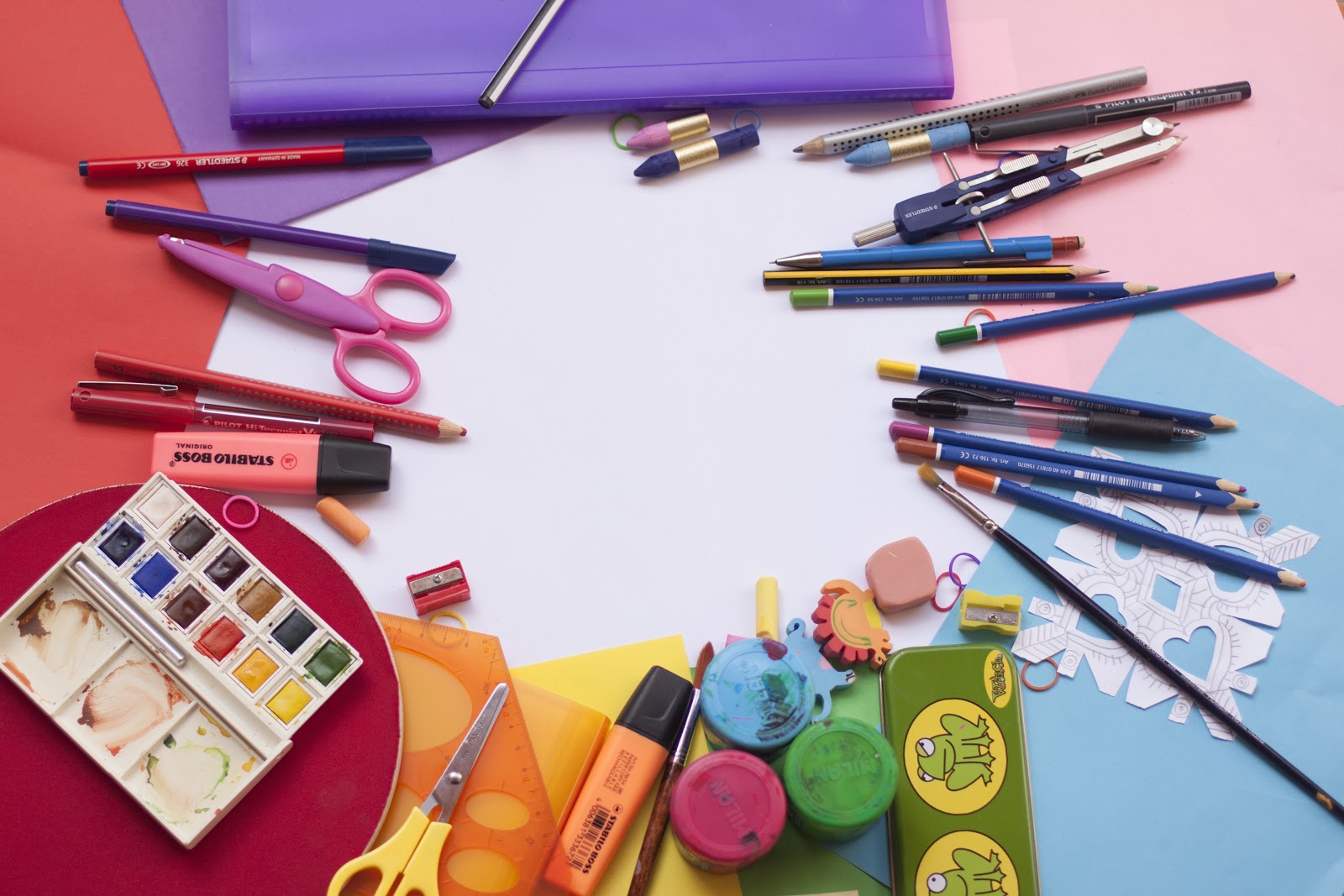If you have a child with a learning disability, you should get them into an artistic hobby. According to CNN, many experts think that there is some connection between learning disabilities and increased creative capacity. The key is finding a hobby that unlocks that talent or ability. Here are six reasons why hobbies are great for children with learning disabilities.
1. Problem-solving skills
Getting involved in hobbies such as solving a puzzle or learning an instrument has been shown to improve productivity and solve problems in unique or creative ways. For example, if your child has been working on a puzzle for a long time, they learn patience and a willingness to put some problems on hold while working on another area.
2. Pressure-free environment
Kids spend a lot of time working on school assignments or doing what other people tell them to do. In order to help them maximize their abilities, identify a side project or hobby that is low-risk, low-pressure and something they really love. A hobby isn’t something they need to be perfect, but it needs to be something that fascinates them. There might be times where your child might get frustrated with their hobby, but teach them that they can overcome obstacles.
3. Creative outlet
Having a creative outlet allows us all to take a step back from the stresses of life. It helps us get away from the voice in our heads that tells us we’re not doing something right or we shouldn’t do it that way. Because of this, having a hobby is a powerful way to channel emotions and find a way to flex mental muscles. It’s especially important for your child to have a healthy outlet to channel their emotions into so they can avoid the temptation to cope with drugs or alcohol.
4. Builds healthy relationships
Hobbies don’t have to be solitary unless your child wants them to be. Any hobby can be social if you include another person in it. Your child can act or they can get into photography or make crafts with friends. Even hobbies including video games have been shown by the American Psychological Association to provide important social benefits. Find something that encourages interactions with other kids, preferably in a teamwork setting. It’s more than likely that your child will find kids to play with and forge relationships.
5. Real life application
When kids get into a hobby, it teaches them important lessons about setting goals and making decisions. Sometimes it gives them a foundational interest in a subject that turns into their career, or at least benefits them in their career later on in their life. They learn how to socialize better, how to deal with setbacks, and how to think more critically.
6. Finding new interests
Many parents find that their children’s hobbies are closely related to theirs. Psychologists say that there’s nothing wrong with that. However, it does provide a big opportunity to children when they’re allowed to experiment with a lot of different hobbies. See what your child can learn when they’re given a chance to bloom and grow. Who knows? Maybe you’ll get into your child’s hobby as well and you can bond with them.
A hobby can be emotionally and intellectually engaging. You learn everyday life skills and how to get into different things. The more interests you have, the greater chance at happiness you have in life. Your child especially gets a bigger chance in this, and can enjoy the many different flavors that life has to offer.


